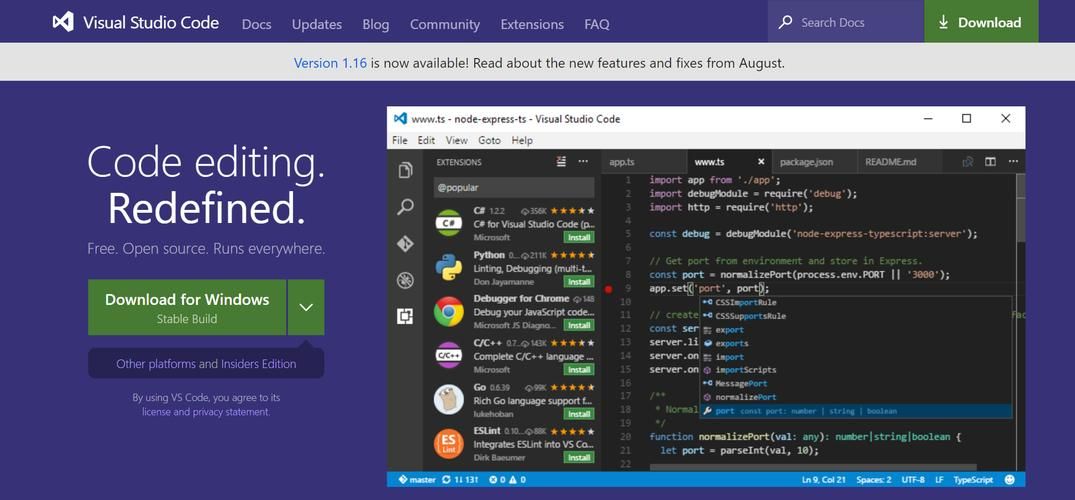
1.使用syscall.NewLazyDLL()加载dll,使用接口函数.Call(uintptr类型的参数)来调用函数
(1)例如:调用初始化接口函数进行初始化操作
dllpath:="test.dll"
handle:=syscall.NewLazyDLL(dllpath)
//引号中的init即为dll中的函数方法
init:=handle.NewProc("init")
init.Call(BytePtr("C:\\dll"))(2)将string类型转换为uintptr类型的函数如下
func BytePtr(str string)uintptr{
s:=[]byte(str)
return uintptr(unsafe.Pointer(&s[0]))
}(3)可将调用初始化接口后得到的handle返回,后续调用该dll中其他接口方法时就可直接使用handle.NewProc("接口方法名"),具体如下
func call_Init()*syscall.LazyDLL{
dllpath:="test.dll"
handle:=syscall.NewLazyDLL(dllpath)
//引号中的init即为dll中的函数方法
init:=handle.NewProc("init")
init.Call(BytePtr("C:\\dll"))
return handle
}
2.使用syscall.MustLoadDLL(dllPath)加载dll,函数接口函数.Call(参数列表)调用
(1)例如:调用callByReference接口函数
func Call_PassByValue(n int) error {
dllPath := "E:\\Code\\vs2015_project\\demo\\x64\\Release\\c2plusdll.dll"
handle := syscall.MustLoadDLL(dllPath)
callByReference := handle.MustFindProc("callByReference")
ret, _, err := callByReference.Call(IntPtr(n))
if err != nil {
fmt.Println("DllTestDef的运算结果为:", ret)
}
return nil
}
(2)将int类型转换为uintptr类型的函数如下:
func IntPtr(n int)uintptr{
return uintptr(n)
}3.使用syscall.LoadLibrary(dllPath)函数加载dll,syscall.Syscall(...)函数调用具体的函数接口,如下:
(1)例如:调用获取数据接口函数
func get_ConnData()string{
dllPath := "C:\\dll"
handle, err := syscall.LoadLibrary(dllPath)
if err != nil {
fmt.Printf("Error: %s\n", err)
return err
}
defer syscall.FreeLibrary(handle)
export_conn, err := syscall.GetProcAddress(handle, "export_conn")
if err != nil {
fmt.Printf("Error: %s\n", err)
return err
}
ret, _, _ := syscall.Syscall(export_conn, IntPtr("5"))
if err != nil {
fmt.Printf("Error: %s\n", err)
}
return uintptrTostr(ret)
}(2)其中uintptrTostr函数为
func uintptrTostr(ptr uintptr)string{
p:=(*byte)(unsafe.Pointer(ptr))
data:=make([]byte,0)
for *p!=0{
data=append(data,*p)
ptr+=unsafe.Sizeof(byte(0))
p=(*byte)(unsafe.Pointer(ptr))
}
return string(data)
}
